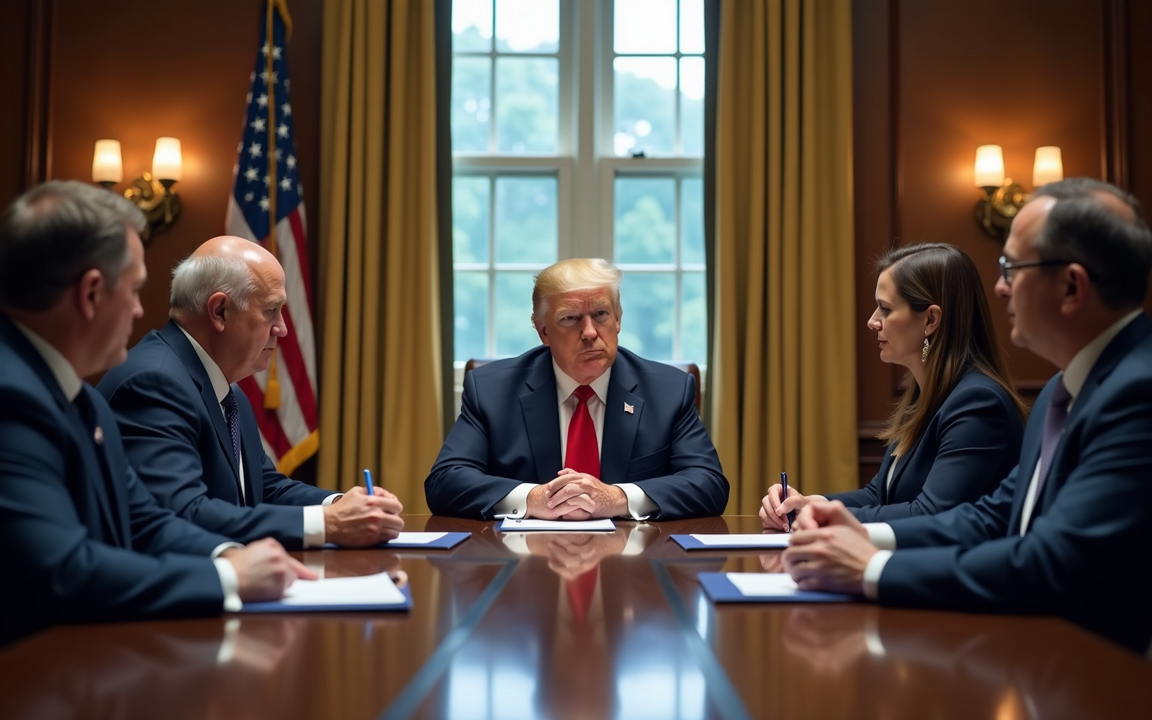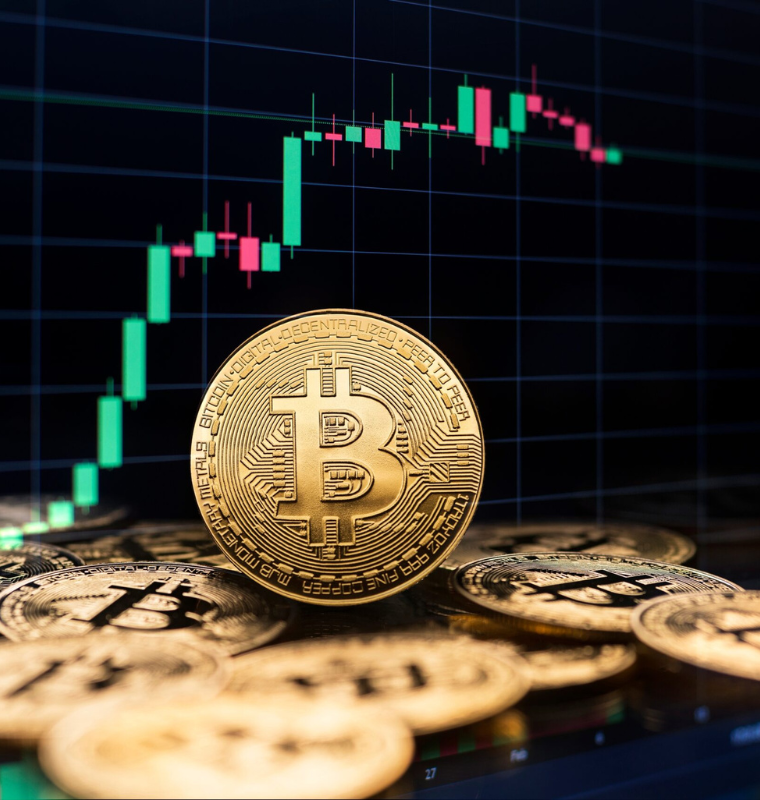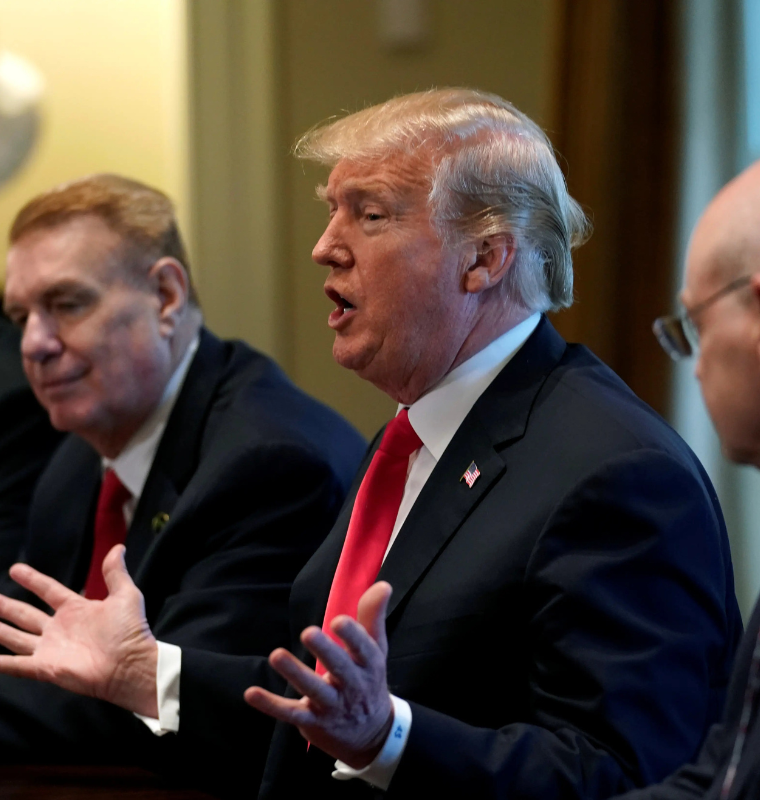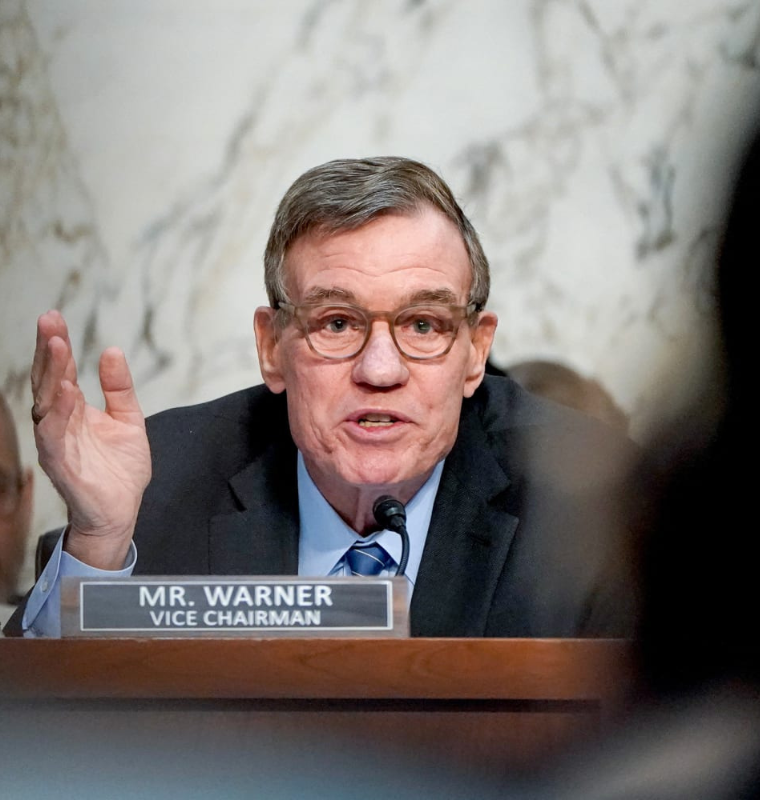SEC Faces Critical Regulatory Crossroads as Crypto Market Matures
SEC Faces Critical Regulatory Crossroads as Crypto Market Matures
By
Leah Rosenfeld
Last updated:
August 11, 2025
First Published:
December 2, 2025

Photo: CoinJournal
The United States Securities and Exchange Commission, commonly known as the SEC, is at a pivotal moment in its approach to regulating the rapidly evolving cryptocurrency market. As digital assets grow from a niche investment to a significant part of the financial ecosystem, the agency faces increasing pressure to adapt its regulatory framework in a way that fosters innovation while protecting investors.
A Market That Has Outgrown Its Early Days
The cryptocurrency market today looks very different from what it was just a few years ago. What began as a largely speculative playground dominated by retail investors has transformed into a complex ecosystem that includes major institutional players, derivative products, and decentralized finance protocols.
This evolution has created new challenges for regulators. Many crypto assets do not fit neatly into existing categories like securities or commodities, raising questions about which laws apply and how best to enforce them. The SEC must clarify these boundaries to provide legal certainty.
The Pressure to Modernize Regulatory Approaches
The SEC’s traditional approach involves strict rules around securities offerings, disclosures, and market conduct. While these have served to protect investors in public companies and conventional financial instruments, the unique features of blockchain technology require more nuanced oversight.
Industry leaders and market participants are calling on the SEC to develop tailored regulations that encourage technological progress without exposing investors to undue risk. This includes clear guidelines on token classification, custody requirements, and decentralized finance governance.
At the same time, lawmakers and advocacy groups urge the SEC to avoid overly broad or punitive actions that could stifle innovation or push businesses overseas to more welcoming jurisdictions.
Recent Enforcement Actions and Their Impact
In recent years, the SEC has taken high-profile enforcement actions against several cryptocurrency projects, particularly those deemed to have conducted unregistered securities offerings. These moves have sent mixed signals. On one hand, they emphasize investor protection and legal compliance. On the other, they have raised concerns about regulatory overreach.
The crypto market’s volatility and the emergence of new financial products, such as non-fungible tokens and decentralized exchanges, further complicate the agency’s task. Balancing enforcement with education and engagement remains a delicate act.
The Role of Institutional Investors
Institutional investors are playing an increasingly important role in shaping the regulatory landscape. Their entry into digital assets brings more capital but also higher expectations for transparency, risk management, and governance.
The SEC is aware that clear rules and safeguards are necessary to support this growing participation. Institutional involvement also highlights the need for robust custody solutions and standardized disclosures, which could benefit the entire market.
Challenges in Regulating Decentralized Finance
Decentralized finance, or DeFi, presents some of the most difficult questions for the SEC. DeFi platforms operate without centralized intermediaries, making traditional regulatory approaches less effective or applicable.
The commission must decide how to address issues like smart contract risks, liquidity provider responsibilities, and governance structures, all while promoting the benefits of decentralization and financial inclusion.
Looking Ahead: Collaboration and Clarity
Many experts believe the SEC will increasingly collaborate with other regulatory bodies, such as the Commodity Futures Trading Commission and the Treasury Department, to create a coherent framework for digital assets.
Regulatory clarity will be crucial for fostering innovation and attracting investment. The SEC’s decisions in the coming months and years will likely set the tone for how America’s crypto market develops and competes on a global scale.
Final Thoughts
The SEC stands at a crossroads with immense responsibility. How it balances the competing priorities of investor protection and market innovation will shape the future of the cryptocurrency industry in the United States.
The agency’s approach will influence not only companies and investors within the country but also the global perception of America as a leader in digital finance regulation. As the market matures, the SEC’s ability to adapt thoughtfully and proactively will be essential for unlocking the full potential of cryptocurrencies.
Popular articles
Subscribe to unlock premium content
Disney’s Timeless Magic and How the Entertainment Giant Continues to Shape Culture and Innovation

Imran Khan’s Economic Missteps Amid Political Chaos in Pakistan

The Philippines’ Digital Shift How Remittances and BPO Are Fueling Growth

Disney’s Timeless Magic and How the Entertainment Giant Continues to Shape Culture and Innovation

Imran Khan’s Economic Missteps Amid Political Chaos in Pakistan

Disney’s Timeless Magic and How the Entertainment Giant Continues to Shape Culture and Innovation









